“I’m planning to use a VA loan to buy a house and need to start saving money. How much
money will I need when using a VA home loan?”
This is one of the most frequently asked questions about the Department of Veterans Affairs home loan program, and it’s easy to understand why. Borrowers often want to know how much they might have to pay out of pocket so they can prepare ahead of time.
The amount of money you need to save when using a VA loan can vary depending on several factors. For example, borrowers who pay discount points in exchange for a lower mortgage rate tend to have higher closing costs than those who skip this option.
That’s just one variable that can influence the amount of cash you need to close on a VA loan. The rest of this guide will discuss other factors of the VA Loan guidelines that can influence your borrowing costs.
The sooner you start saving up for a home purchase, the better. Closing costs alone can add up to thousands of dollars, and you might incur other upfront expenses. So, the best time to start saving money is right now.
Understanding VA Loan Costs and Eligibility

When considering a VA loan, it’s critical to comprehend all the factors that may affect eligibility and borrowing costs. One essential factor is the borrower’s credit score, often called the VA loan credit score.
This score mostly determines the interest rate that lenders give. Greater credit scores often result in cheaper interest rates for borrowers, which may add up to significant savings over the course of the loan.
Furthermore, it is crucial to note that even though the Department of Veterans Affairs does not establish a minimum credit score requirement, lenders may.
The VA loan pre approval procedure is another crucial step in the VA loan application process. In competitive housing markets, having a pre-approval may provide you with an advantage over other buyers since it shows sellers that you are a genuine and eligible buyer. It also helps to expedite the home-buying process and gives you a clear picture of your budget.
Exploring Alternative Uses of VA Loans
Furthermore, it’s important to note that VA loans can be versatile financing tools, not limited solely to traditional home purchases. For those considering purchasing land to build their dream home, exploring the option of a VA loan for land can be advantageous.
While the specifics may vary depending on the lender and the nature of the land purchase, understanding the potential applicability of VA loans in such scenarios can open up additional avenues for financing.

How Much Money You Might Need for a VA Loan
Buyers who use a VA loan to buy a house can finance up to 100% of the home’s purchase price. This means you can skip the down payment entirely, thanks to the VA loan no down payment benefit. It’s one of the most helpful benefits this program has to offer.
However, it’s essential to be aware of the VA loan maximum, which sets a limit on how much you can borrow with a VA loan. This maximum varies by location and can impact the size of the home you can purchase using a VA loan.
In cases where the home’s purchase price exceeds the VA loan maximum for your area, you may need to consider alternative financing options or explore the possibility of a VA jumbo loan.
VA jumbo loans are designed for borrowers seeking financing beyond the standard loan limits. These loans offer flexibility for purchasing higher-priced properties but may come with different requirements and eligibility criteria. Understanding these limits can help you plan accordingly and avoid any surprises during the home-buying process.
So, while you can finance up to 100% of the purchase price with a standard VA loan, it’s essential to consider the VA loan maximum and the possibility of a VA jumbo loan and plan accordingly for any potential financing needs beyond these limits.
Below, we have reviewed some of the expenses you might incur when using the VA loan program to purchase a home. Some of these costs are optional, such as mortgage discount points, while others are mandatory for most borrowers, including the VA funding fee.

Closing Costs
In this context, the term “closing costs” refers to the various fees and expenses associated with a home purchase and a mortgage loan.
This is a collective term that includes many different types of fees charged by various individuals and organizations. For a typical VA loan, closing costs can consist of mortgage processing fees, title searches, insurance, legal fees, and government recording fees.
So, how much money will you have to save to cover your VA loan closing costs?
When you apply for a VA loan, your mortgage lender will provide you with a reasonably accurate estimate of your closing costs. But you don’t have to wait for that. The best-case scenario is to start saving money for your VA loan closing costs and other expenses sooner rather than later.
And today is a great time to start!
These costs can vary widely due to the size of the loan, your geographical location, third-party fees, and other factors such as discount points (explained below).
Borrowers who use VA loans typically pay somewhere between 2% to 5% of the purchase price in closing costs. The average home price in the U.S. is currently around $375,000. So a typical home buyer using a VA loan might encounter closing costs ranging from $7,500 to $18,750.
The bottom line is that you’ll need to save up enough money to cover your VA closing costs, and you need to have this money in the bank before closing.

Earnest Money Deposit
It’s common for home buyers to make a deposit when submitting an offer to buy a house. This is referred to as the “earnest money deposit” because it shows that the buyer is severe or earnest about purchasing the home.
There is no law requiring you to make an earnest money deposit when using a VA loan. But it is common practice in most parts of the country. If you don’t make a deposit, and the seller receives competing offers that do not include them, your offer might get rejected.
The typical size of an earnest money deposit can differ depending on local real estate customs. On average, they tend to range from 1% to 3% of the purchase price. So be sure to factor this in when determining how much money you need to save up for a VA loan home purchase.
Discount Points
As the name suggests, a mortgage “discount point” allows you to reduce the VA loan interest rate assigned to your home loan. It’s a form of prepaid interest. You pay a certain amount up front, at closing, to confirm a lower mortgage rate over the long term.
You don’t have to use discount points with your VA home loan. But it might be beneficial, especially if you plan to keep the home for many years.
Each point will cost 1% of the base loan amount and could reduce the interest rate by around 0.25%. If you plan to use points when buying a home with a VA loan, make sure you are saving enough money for this expense plus your other closing costs.
As you can see, the amount of money needed to buy a home with a VA loan can vary depending on a wide range of factors. But at least now you have a better understanding of the types of costs you might incur along the path to homeownership.
And remember, the sooner you start saving up for your VA loan and home purchase expenses, the better!


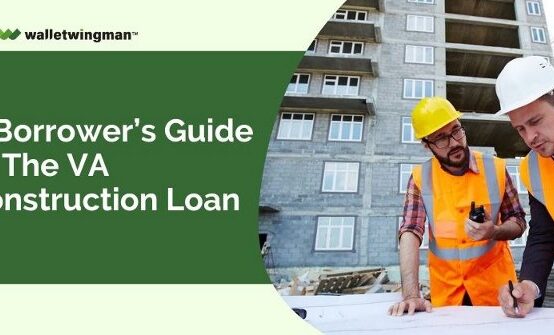 A Borrower’s Guide to the VA Construction Loan
A Borrower’s Guide to the VA Construction Loan 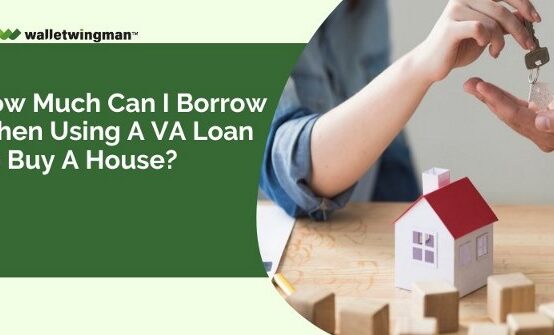 How Much Can I Borrow When Using a VA Loan to Buy a House?
How Much Can I Borrow When Using a VA Loan to Buy a House? 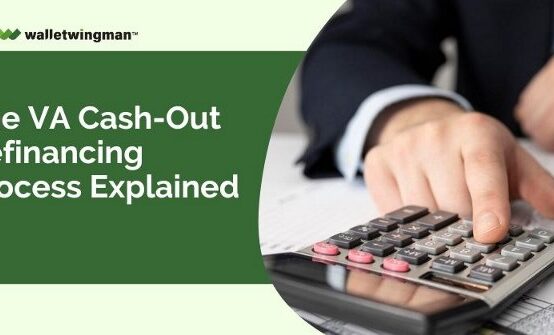 The VA Cash-Out Refinancing Process Explained
The VA Cash-Out Refinancing Process Explained 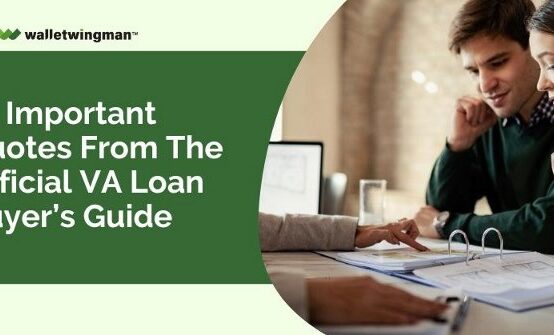 10 Important Quotes from the Official VA Loan Buyer’s Guide
10 Important Quotes from the Official VA Loan Buyer’s Guide 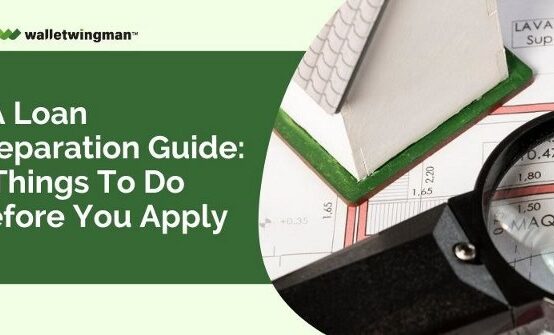 VA Loan Preparation Guide: 7 Things to Do Before You Apply
VA Loan Preparation Guide: 7 Things to Do Before You Apply 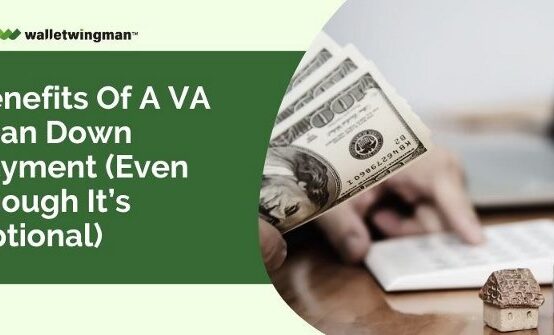 Benefits of Making a VA Loan Down Payment (Even When It’s Optional)
Benefits of Making a VA Loan Down Payment (Even When It’s Optional) 